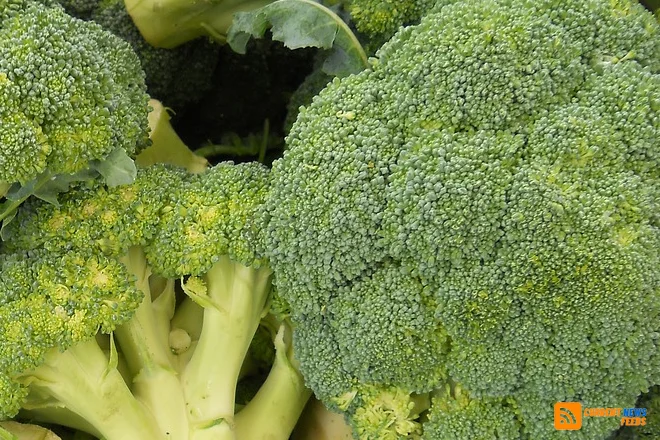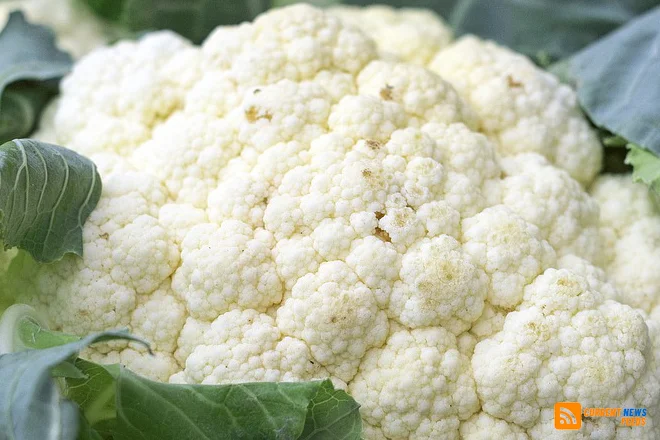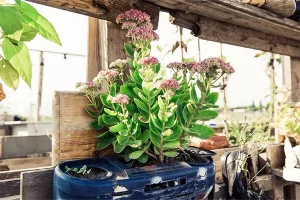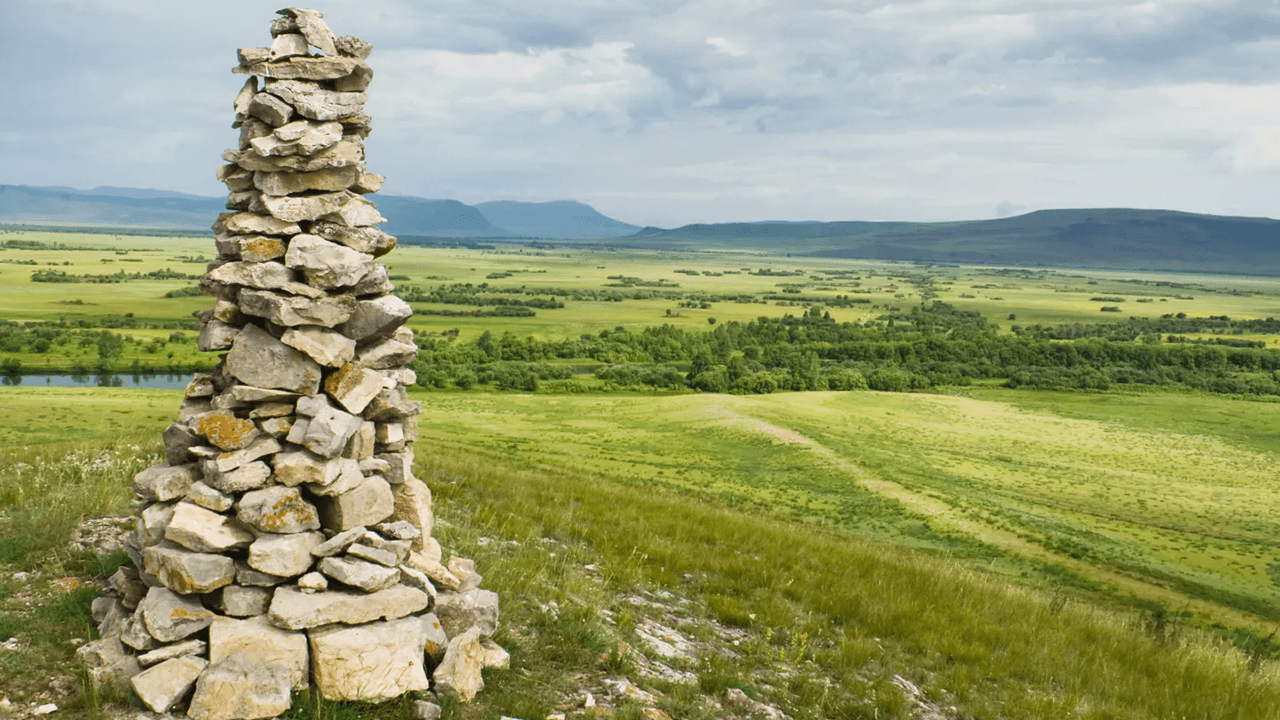
During the summer you are probably constantly busy in your vegetable garden, but in the winter things are often just dreary. Fortunately, there are several vegetables that you can sow in autumn or even in winter. You can easily grow most of the ingredients of a delicious winter soup yourself in your garden. Wondering which vegetables are best to sow in winter? In this article, we tell you!
Why is it important to sow even in winter?
Besides the fact that you can also harvest vegetables in the winter, there are several other advantages to sowing and planting in the fall or winter. By sowing in winter as well, you get the most out of the soil in your vegetable garden.
In addition, this ensures that the soil remains fertile, so the plants will grow a lot better in the spring and throughout the summer. Finally, winter seeding ensures that the soil remains constantly covered, making it better protected from cold winter temperatures.
What vegetables can I grow in the winter?
The list of vegetables you can grow in winter is quite long. We have made a handy list below of the best-known vegetables that can grow just fine during the winter.
- Broccoli
- Carrots
- Sprouts
- Kohlrabi
- Celery
- Peas
- Cauliflower
- Garden rhubarb
- Field salad
- Garlic
- Arugula
- Beets
- Kale
Since most of these greens do not like too much heat, it is best not to plant them until fall or winter. Corn salad is best planted 4 to 8 weeks before the first frost. It is important to protect corn salad well from frost or they will not survive the winter.
Growing garlic takes a fairly long time. If you choose to plant garlic in the fall, you won't be able to harvest it until spring. Kale, beets, and arugula grow well throughout the year in the Dutch climate. So you can grow these greens in both summer and winter.
Extra Fertilization In The Winter
Especially if you had quite a few vegetable plants in your vegetable garden the previous summer, there is often very little nutrition left in the soil. To ensure that the plants survive the winter and that your winter harvest is also optimal, it is advisable to fertilize your vegetable garden extra during the winter.
Growing Vegetables Indoors
You can also choose to grow some vegetable plants indoors at the end of winter. The advantage of this is that you can then put these young vegetable plants outside in early spring.
This is because the plants can already withstand cool temperatures a lot better. Make sure to place the vegetable plants in a sunny spot, for example in a vegetable garden box in front of the window or a glass greenhouse. Even if you grow vegetable plants in the greenhouse, it is important to protect them from frost. After all, it can get pretty cold in the greenhouse too!
What fruit can I grow in the winter?
Do you have some space left in your vegetable garden? Then you can grow some fruits in addition to vegetables. If you choose to plant fruit trees and bushes in the fall, you can enjoy the first harvest as early as spring.
However, it is important to choose fruits that can withstand cold temperatures. Examples include cherries, pears, plums, blackberries, and blueberries. During cold winter days, it is wise to protect fruit bushes from frost. You can do this by wrapping bubble wrap around them, for example.
When Can I Harvest Fruit?
If you have chosen to put some fruit plants in your garden already in the fall, you can usually harvest in early spring. Most of the previously mentioned fruits can also grow just fine in summer.
You can thus harvest the plants several times a year. Since it can still be quite cold in the spring, it is important to protect the fruit plants from possible frost even after harvesting.







